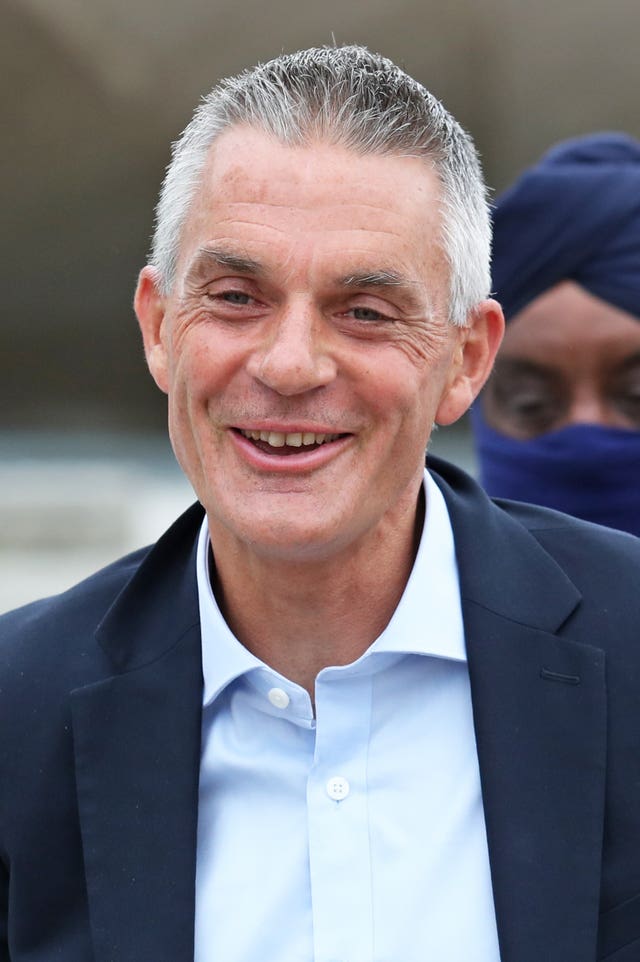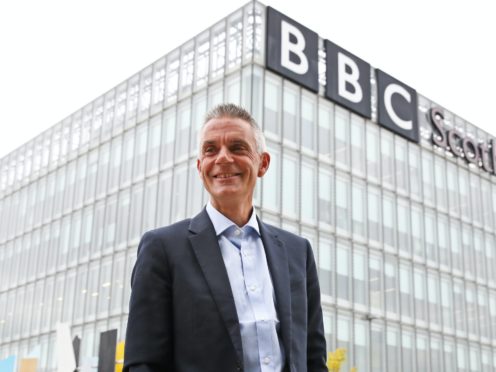The problem posed by disinformation online is “increasingly serious”, the BBC’s director-general has said.
Tim Davie told the Radio Times that “traditional journalism has been playing catch-up in the disinformation world”.
He added that this year has “repeatedly” highlighted the dangers of the online world as conspiracy theories about coronavirus and the US election were circulated on the internet.

“News sources such as the BBC need to work harder than ever to expose fake news and separate fact from fiction,” he said.
“We need to take care that trusted news is not blown off course by claims that are unfounded, however widespread they become.
“And we need to recognise that we are up against the well-funded, state-backed actors who see news as an extension of state influence and a tool for disrupting our societies and democracies.”

He added that it is important to keep up the fight against disinformation online as vaccines for coronavirus begin to be administered.
“As countries prepare for the rollout of Covid-19 vaccines, the explosion of ‘anti-vaccine’ disinformation online represents a serious threat to public health.
“It’s vital that news providers play our part to the full in scrutinising the science behind new vaccines and giving voice to legitimate concerns,” he said.
“But it’s equally vital that misleading claims and baseless conspiracy theories aren’t allowed to derail attempts to bring this tragic global health crisis to an end.”
Mr Davie said he is “proud” of the BBC’s effort to “stand up for integrity in news and fight disinformation on the front line”.
